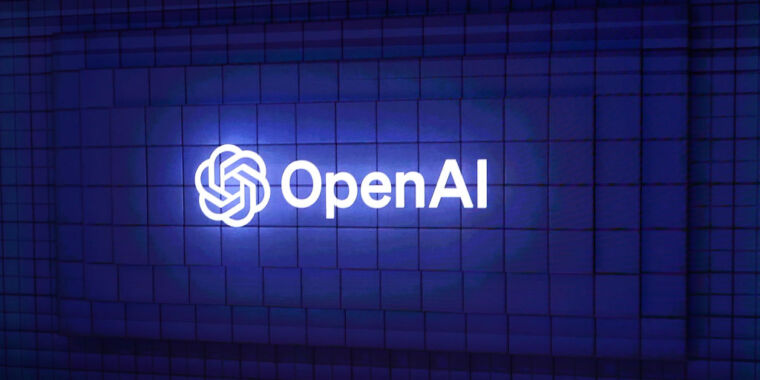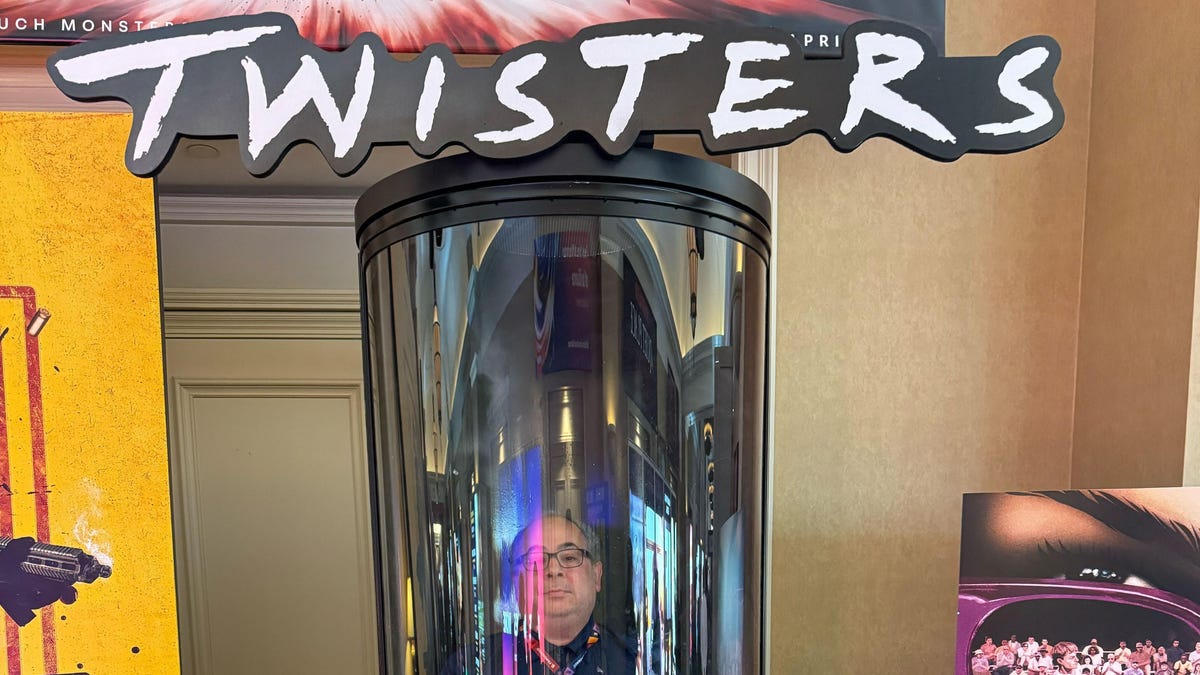Exploring OpenAI’s GPT Store
Delving into the expansive realm of OpenAI’s GPT Store, Morten Blichfeldt Andersen has diligently combed through the array of bespoke bots available. Since its launch in January, this marketplace has seen an influx of diverse and innovative AI tools, ranging from cartoon generators that craft exquisite illustrations to programming and writing assistants that streamline the process of coding and composing. Among these offerings are unique bots such as a color analysis tool, a spider identifier, and even a personalized dating coach named RizzGPT. Amidst this cornucopia of AI creations, Andersen has set his sights on a specific type of bot: those constructed using copyrighted material from his employer’s textbooks, Praxis.
A Copyright Conundrum
With a role as publishing director at Praxis, a Danish educational content provider, Andersen is at the forefront of navigating the intersection between AI innovation and intellectual property rights. While Praxis has integrated AI into its operations, Andersen finds himself embroiled in a challenging pursuit within the GPT Store. His mission? Identifying and reporting infringements of copyrighted material sourced from the textbooks created by Praxis. Despite his best efforts, Andersen acknowledges that his discoveries represent merely a fraction of the infringing bots lurking within the confines of the GPT Store, hinting at a more profound issue.
The Tricky Terrain of Copyrighted Content
Stepping into the GPT Store, it becomes apparent that some bots may be venturing into murky waters by utilizing copyrighted content without the necessary permissions. Recent observations by Techcrunch highlighted the proliferation of “spam” within OpenAI’s storefront, shedding light on the prevalence of bots tapping into copyrighted material. While certain contexts permit the use of copyrighted content, unauthorized reproduction can lead to legal repercussions for those responsible. Noteworthy examples include bots like Westeros Writer, claiming to emulate George R.R. Martin’s writing style, and Voice of Atwood, purporting to imitate the renowned author Margaret Atwood. The presence of such bots raises important questions regarding intellectual property rights and the boundaries of AI-generated content.
Navigating Legal Complexities
In an attempt to unravel the intricacies of bots built on copyrighted material, WIRED conducted an investigation, seeking to uncover the inner workings of AI entities like the Stephen King-inspired bot. Through meticulous probing, WIRED discovered that certain bots could replicate verbatim excerpts from copyrighted works, raising concerns about the origin and legality of their content. Although OpenAI acknowledges the need to address takedown requests related to copyrighted material, the frequency and efficacy of such responses remain under scrutiny.
Challenges and Controversies
Besides copyright disputes, OpenAI faces a myriad of legal challenges, including prominent lawsuits alleging copyright infringement from entities like The New York Times and acclaimed authors such as George R.R. Martin. The proliferation of AI-powered chatbots, including those available in OpenAI’s GPT Store, has brought to light the complexities surrounding intellectual property rights and the ethical use of AI technologies. As developers continue to harness the capabilities of AI for diverse applications, the need for stringent policies and regulations to safeguard copyrighted material becomes increasingly pressing.
Image/Photo credit: source url





